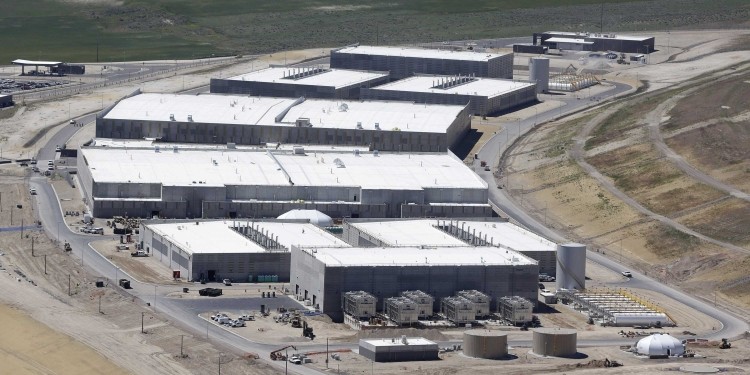This morning information on the NSA phone tapping of 35 different world leaders dropped courtesy of whistleblower Edward Snowden, and now Deutsche Telekom is proposing to create a national internet to shield German users from prying eyes.
Deutsche Telekom, which is 32% owned by the German government, wants to create a locked-down national internet to protect itself from further NSA privacy attacks. It is also pushing for other German communications and internet companies to back the proposal, according to reports from Reuters.
As many have suggested, this is much easier said than done, technically speaking it will be very difficult to create this kind of national protection without blocking the country off from services such as Google and Facebook.
The main problem here is that this kind of censorship goes completely against what the internet is, and as Reuters mentions, it could very well lead to a "Balkanisation of the internet" if other nations decide to lock-down the web in this way as well. Currently, this kind of control is only really seen in nations like China and Iran where the governments impose strict filters over what is available online. "It is internationally without precedent that the internet traffic of a developed country bypasses the servers of another country," professor of business and telecoms at the University of Duisburg-Essen Torsten Gerpott told Reuters.
It is hard to say at this point how serious the suggestion for a locked-down German internet actually is, but it wouldn't be the first time the state-backed Deutsche Telekom made a move in this direction. Back in August, the company launched "E-mail made in Germany," a service that provides encrypted email that is sent through local German servers only.
(Image via AP/Rick Bowmer, Shutterstock)
